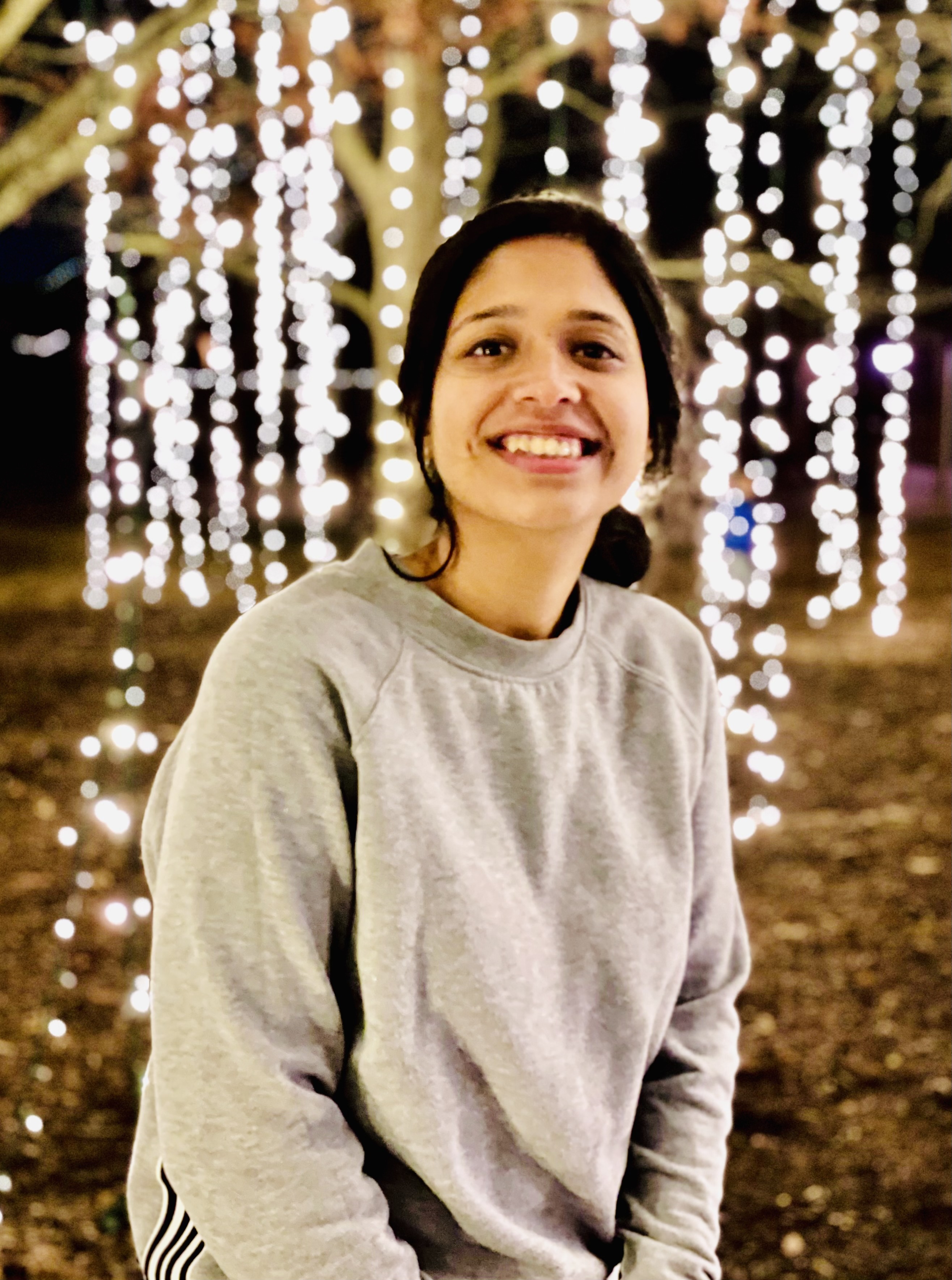
|
||
| Email: | sdutta6@vols.utk.edu | |
| Address: | Min H. Kao Building, Room 339 1520 Middle Drive Knoxville, TN 37996-2250 |
|
Senjuti Dutta
Ph.D., Computer Science, 2024
Advisor: Scott Ruoti
Understanding Factors and Traits to Support Crowdworkers' Flexibility. Senjuti Dutta. Ph.D. Dissertation. University of Tennessee, 2024.
Publications
Conferences
Abstract:
Crowdsourcing platforms have traditionally been designed with a focus on workstation interfaces, restricting the flexibility that crowdworkers need. Recognizing this limitation and the need for more adaptable platforms, prior research has highlighted the diverse work processes of crowdworkers, influenced by factors such as device type and work stage. However, these variables have largely been studied in isolation. Our study is the first to explore the interconnected variabilities among these factors within the crowdwork community. Through a survey involving 150 Amazon Mechanical Turk crowdworkers, we uncovered three distinct groups characterized by their interrelated variabilities in key work aspects. The largest group exhibits a reliance on traditional devices, showing limited interest in integrating smartphones and tablets into their work routines. The second-largest group also primarily uses traditional devices but expresses a desire for supportive tools and scripts that enhance productivity across all devices, particularly smartphones and tablets. The smallest group actively uses and strongly prefers non-workstation devices, especially smartphones and tablets, for their crowdworking activities. We translate our findings into design insights for platform developers, discussing the implications for creating more personalized, flexible, and efficient crowdsourcing environments. Additionally, we highlight the unique work practices of these crowdworker clusters, offering a contrast to those of more traditional and established worker groups.
Ph.D. Dissertations
Abstract:
Crowdworkers are drawn to the profession in part due to the flexibility it affords. However, the current design of crowdsourcing platforms limits this flexibility. Therefore, it is important to support the overall flexibility of crowdworkers. Incorporating a variety of device types in the workflow plays an important role in supporting the flexibility of crowdworkers, however each device type requires a tailored workflow. The standard workflow of crowdworkers consists of stages of work such as managing and completing tasks. We hypothesize that there might be differences in factors and characteristics of task completion and task management to support the tailored workflow of different device types. Therefore this dissertation aims to explore and understand the factors and characteristics of task completion and task management on different devices in order to support the overall flexibility of crowdworkers. To achieve this, this dissertation introduces four pivotal innovations : (1) understanding characteristics of task completion and factors affecting the process on smartphones to support the tailored workflow on smartphones in crowdwork (2) understanding of crowdworkers’ current task completion and task management practices and expectations when working on smartphone, tablet, speaker and smartwatch to support the flexibility of crowdworkers on all these devices based on crowdworkers’ work practices and expectations. (3) After a broad understanding of crowdworkers’ practices and expectations across different devices, this thesis identifies the systematic differences among crowdworkers in order to develop customizable support depending on workers’ individual need for flexibility in crowdsourcing platforms (4) Finally, this dissertation looks into other popular crowdsourcing platform named Prolific to understand work practices of Prolific workers as well as compare Prolific with Amazon MTurk to gain a comprehensive understanding of the factors and characteristics that support flexibility in different crowdsourcing environments.